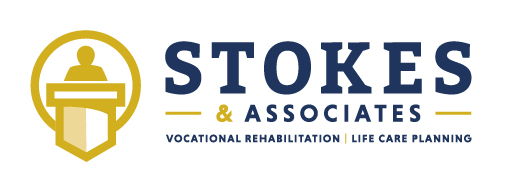Vocational Assessments and Wage Loss Analyses for Undocumented Workers
As vocational rehabilitation counselors, we are routinely asked to assess the pre- and post-injury earning capacity of individuals who are not legal U.S. citizens. Addressing earning capacity for this population raises issues including whether the individual has a work visa, the impact of immigration status on employment opportunities, as well as educational background and language proficiency. For example, an individual may have worked in the construction industry where English proficiency is less important. A good work ethic, hands-on skills, and the ability to perform in a detailed, accurate manner can make for a valuable employee who can earn desirable wages. If the worker earned substantial wages pre-injury as a construction worker and lost their earning power due to their injuries, it is ultimately the trier (s) of fact to determine appropriate compensation. However, as vocational counselors, we can assist the jury in making that determination.
Documentation of wages earned, such as check stubs or tax returns help corroborate pre-injury capacity. Statistical wages based on generally accepted government data may also add to the pre-injury earnings profile. If physical limitations are outlined by a physician, we can assess their ability to perform past or alternate work and estimate appropriate wages for those occupations. Considering the entire vocational profile including the person’s age, education, work history, transferable skills, language, and citizenship status is crucial when considering alternate work, as the comprehensive profile can heavily impact the worker’s ability to obtain, maintain, and sustain employment.
